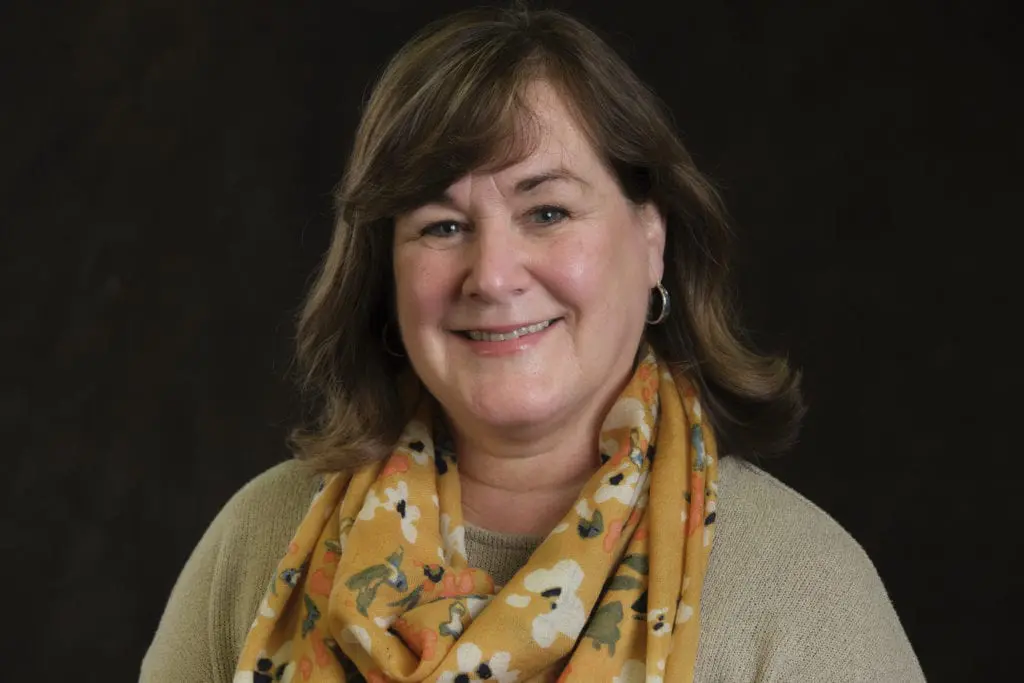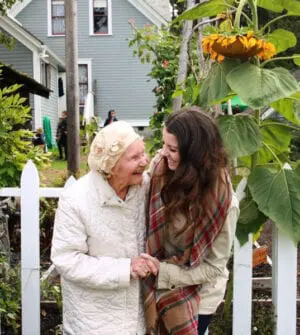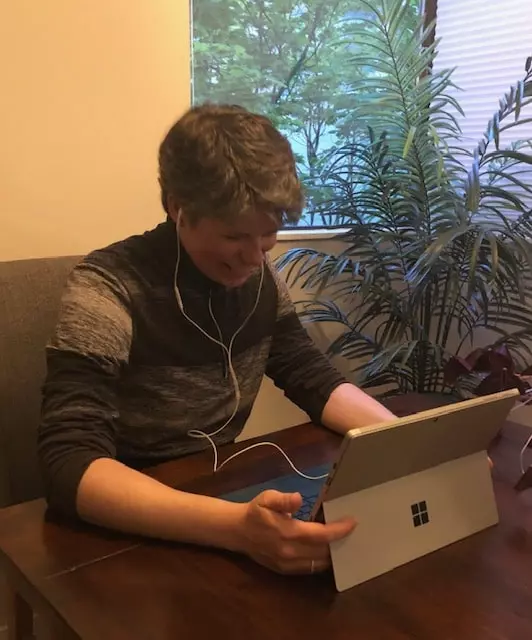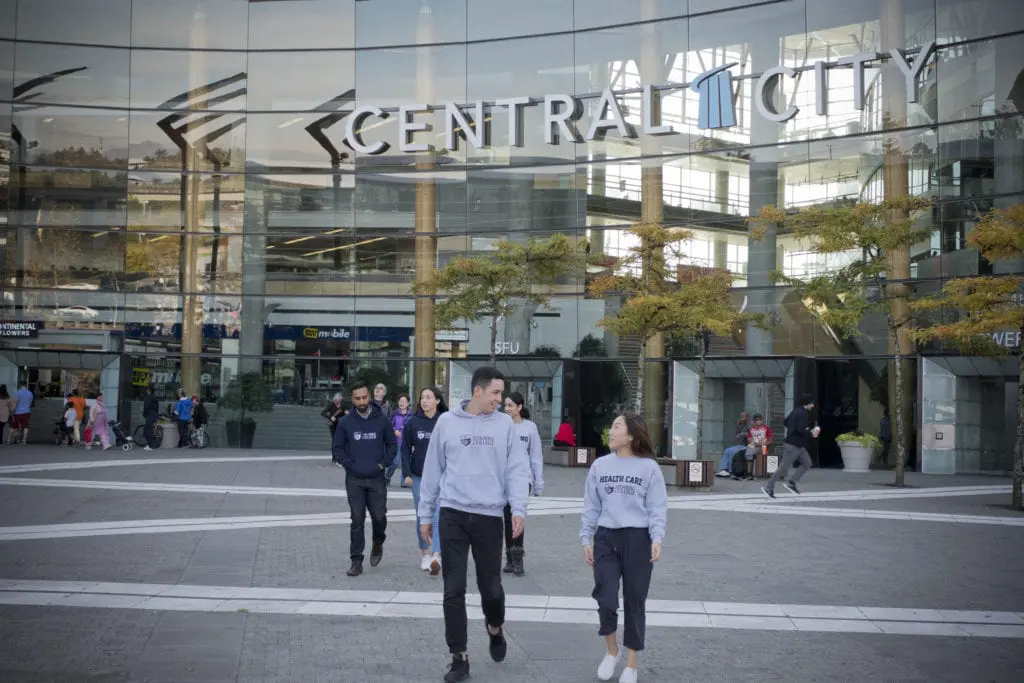A while back in my first semester, I took a course called Health Promotion: Managing Risk and Staying Healthy. The main context for this course was to discuss promoting healthy behavior and the connection between health and leisure. I had taken a similar course in university, one where we focused heavily on trying to target particular groups (teenagers, firefighters, women aged 30-40, etc.) in to taking on regular exercise programming and fitness. There was a nice overlap with the Therapeutic Recreation Assistant Course with focus being, of course, towards older adults and what fitness and leisure mean to them.
When we think about leisure, and therapeutic recreation for that matter, we often think about exercise and chair aerobics. But this class helped me to realize that there is more to leisure than Aquasize. Leisure is your free time, your time spent away from doing things youhave to do and choosing to do the things you want to do. Of course, choosing to remain active and healthy is a good use of your leisure time, but it is not all-encompassing.
Leisure activities can include a number of things, expressed in many different ways. Knitting, reading a book, going for a walk, or gardening can all be considered leisure activities because someone can do any of these things for their own pleasure. Leisure is about using your time to derive happiness in your life, and not just physical fitness (although it’s good to include some of that in your leisure activities!).
So the question comes down to: how does happiness affect your health? Well, it’s easy to see that if you are happy, you are likely to feel better. And leisure contributes to this by providing opportunities to be happy. Leisure activities allow people to express themselves maybe through art or dance or music. They may do something in a group that allows for a social interaction and the development of friendship. This Health Promotion class taught me that one of the biggest hurdles in the aging population is the feeling of loneliness and depression. If we can bring people together and allow them the opportunity to express themselves or to learn about themselves, we are likely to increase their health status and lead them to a healthier lifestyle. Leisure activity is very important in an older adult’s life to ensure they don’t fall into a negative mindspace.
Is leisure only important for older adults? Of course not! We can all benefit from setting aside time to do something we enjoy. For adults still at work, life can be bogged down with obligations and stress – there’s that nasty word, ‘stress’ that we all try to avoid but inevitably will encounter – and this can affect your health and well-being. By taking the time to have some leisure in your life, you are able to de-stress, regroup, and find your bearings. This has many health benefits including lowering blood pressure, decreasing muscle tension, settling stomach trouble, and clearing the mind. It is also apparent in children, which is why allowing time for play will result in children who are happier, healthier, and better able to cope with things involving focus like school. Leisure is very important to anyone’s health!
Click the link to learn more about Therapeutic Assistant Diploma Program (Gerontology Specialization).










